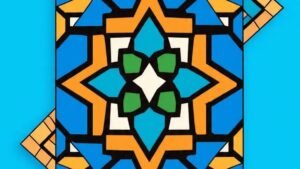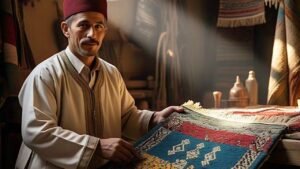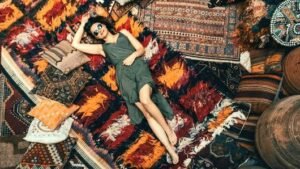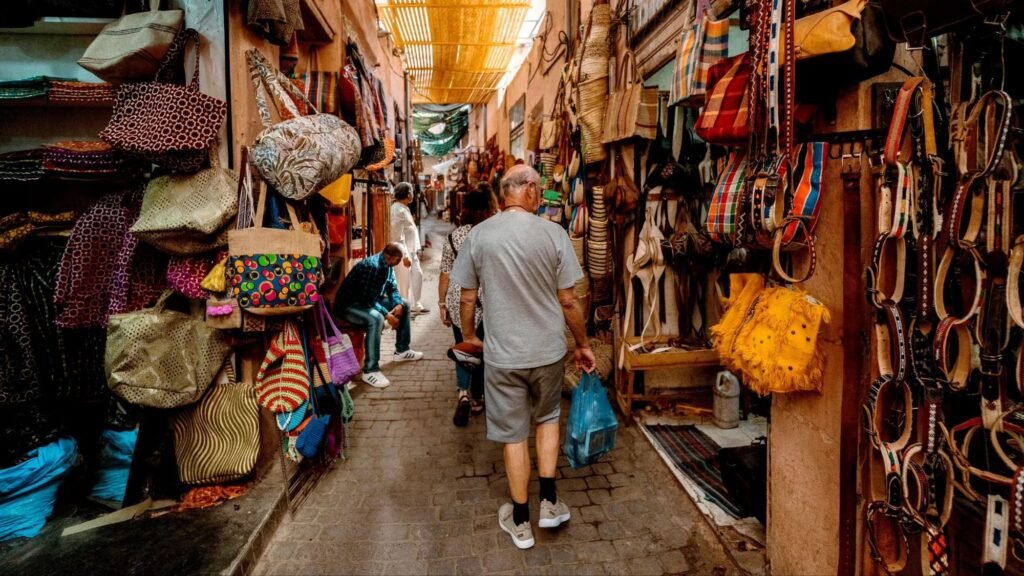
When you step into the vibrant world of handicraft souks in Morocco, you enter a realm of tradition, craftsmanship, and beauty. These bustling markets are filled with treasures, each telling the story of Moroccan artisans. Whether you’re visiting for the first time or returning, there’s always something new to discover. This guide will walk you through everything you need to know for an unforgettable shopping experience in Morocco’s souks.
1. Handicraft Souks in Morocco: Where Craftsmanship Meets Culture
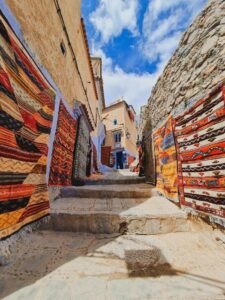
Handicraft souks in Morocco are more than markets; they are cultural landmarks. From the lively streets of Marrakech to the ancient alleys of Fes, these markets are a reflection of Morocco’s rich artisanal heritage. When you stroll through a souk, you aren’t just shopping. You are diving into Morocco’s history and soul.
You will find every kind of traditional craft here. Leather goods, intricately woven carpets, delicate ceramics, and stunning silver jewelry all await you. In these souks, Moroccan artisans craft every piece by hand, using techniques passed down through generations.
2. Top Handicrafts You Must Buy
Visiting a handicraft souk in Morocco is an adventure. But what should you buy? Here’s your guide to the must-have souvenirs:
- Leather Goods: Morocco is famous for its leather, particularly from the tanneries of Fes. Hand-stitched bags, belts, and shoes are of the highest quality.
- Berber Carpets: These handwoven pieces of art are unique to Morocco. The intricate patterns tell stories from ancient Berber tribes.
- Ceramics: Moroccan pottery, especially from Safi, comes in vibrant colors and exquisite designs. Each piece is a testament to the skill of Moroccan artisans.
- Jewelry: Silver is the metal of choice for Moroccan artisans. Handcrafted jewelry often features intricate designs, making each piece one of a kind.
Each item is an opportunity to take a piece of Morocco’s culture home with you.
3. How to Identify Authentic Handicrafts
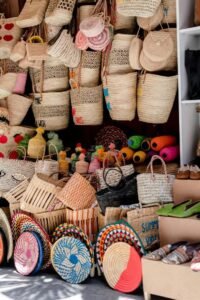
With so many stalls and shops, how do you ensure what you’re buying is authentic? You must know a few tips to make sure you get the real deal when you visit handicraft souks in Morocco.
First, observe the quality. Authentic crafts are always handmade and show slight imperfections, a sign of human touch. For carpets, feel the material—handmade ones are softer and more durable. When buying ceramics, look for the signature of the artisan at the bottom.
Also, you should always ask questions. Moroccan artisans take pride in their work and are often happy to explain the process. Hearing the story behind a piece can be just as valuable as owning it.
4. The Magic of Visiting Artisan Workshops
For a deeper connection with Moroccan handicrafts, you must visit the artisans in their workshops. Cities like Marrakech, Fes, and Essaouira offer opportunities for tourists to see artisans at work. You’ll watch them spin wool for carpets, dye leather for bags, or shape clay for beautiful pottery.
When you visit these workshops, you not only learn the craft but also support the artisans directly. You can ask for custom pieces or even participate in workshops where you create something yourself.
5. Craftsmanship and Tradition: The Heart of Handicraft Souks in Morocco
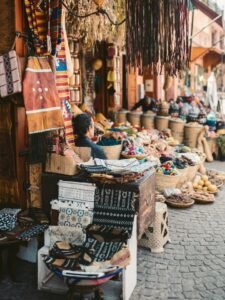
Moroccan artisans are the heartbeat of the souks. Their dedication to their craft comes from centuries-old traditions. Handicrafts in Morocco are not just souvenirs; they are pieces of history. Every stitch in a carpet, every brushstroke on pottery reflects the artisanal legacy of Morocco.
As a tourist, you must understand that supporting these artisans helps preserve their heritage. When you buy from them, you help sustain their craft and keep Moroccan traditions alive.
6. Ethical Shopping: Supporting Artisans and Sustainable Tourism
Shopping in handicraft souks in Morocco isn’t just about finding beautiful items. It’s also about supporting ethical and sustainable tourism. When you purchase directly from artisans, you help create a positive impact on their livelihoods.
You can also engage in fair trade initiatives that promote transparent, responsible business practices. Ethical shopping makes your travel experience meaningful and leaves a lasting positive effect on the local community.
Conclusion: Embrace the Art of Moroccan Souks
The next time you visit Morocco, immerse yourself in the world of handicraft souks. You won’t just be a tourist—you’ll be part of something much greater. You’ll carry a piece of Moroccan craftsmanship and its legacy with you, a treasure that goes far beyond a simple souvenir.

